Can your ancestors’ traumatic experiences affect your health today? The science is compelling
April 11, 2022We don’t often know the experiences of our ancestors, but research shows they may have an effect on our lives, our health and our bodies today.
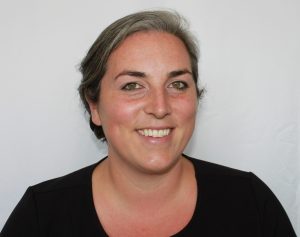 “Although the science around this understanding is complicated, it’s so important for people to reflect on the implications of this research, since it has so much power for us to understand how legacies of trauma in our shared history continue to impact us today,” says Emily Clary, senior director of prevention initiatives at FamilyWise Services – a nonprofit organization providing trauma-informed support to parents, caregivers, children and communities.
“Although the science around this understanding is complicated, it’s so important for people to reflect on the implications of this research, since it has so much power for us to understand how legacies of trauma in our shared history continue to impact us today,” says Emily Clary, senior director of prevention initiatives at FamilyWise Services – a nonprofit organization providing trauma-informed support to parents, caregivers, children and communities.
“Each healing journey is different. Healing can happen in many ways, including when people have the opportunity to understand themselves, their unique histories and experiences, their own strengths, and the strengths of their ancestors. It can happen when people understand the history of how they came to be, how we as a country came to be, and when past harms are acknowledged. It can happen when individuals build on their own capabilities to self-regulate, especially during times of stress, when we are connected with others our communities, and supported by organizations that are taking measures to be more trauma responsive.”
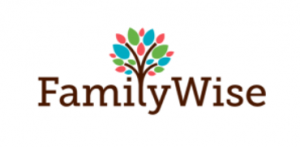 FamilyWise hosts a series of free online workshops open to anyone interested in learning about Neurobiology, Epigenetics, Adverse Childhood Experiences and Resilience (NEAR) science and historical trauma. During the events, Lisa Deputie and Jenna Schmidt, directors of prevention initiatives at FamilyWise Services, share information about NEAR science and Sam Simmons, of Sam Simmons Consulting, digs into historical trauma. The events are supported by Blue Cross and Blue Shield of Minnesota.
FamilyWise hosts a series of free online workshops open to anyone interested in learning about Neurobiology, Epigenetics, Adverse Childhood Experiences and Resilience (NEAR) science and historical trauma. During the events, Lisa Deputie and Jenna Schmidt, directors of prevention initiatives at FamilyWise Services, share information about NEAR science and Sam Simmons, of Sam Simmons Consulting, digs into historical trauma. The events are supported by Blue Cross and Blue Shield of Minnesota.
How does this information apply to my life?
Emily says this information is so important to understand that participants often come away from the workshop with an understanding of concepts related to how their own brains respond to their environments and have throughout their lives. They also learn how to incorporate this knowledge into their everyday lives, jobs and interactions with others to achieve powerful and positive results. At the end of the workshop, presenters offer a call to action and encourage participants to identify how to apply the information to their own lives and share it within their community circles.
They especially welcome participants who are skeptical about historical trauma or the science surrounding it as well as anyone who is not an expert on science or biology.

What is NEAR science?
Neurobiology, Epigenetics, Adverse Childhood Experiences and Resilience (NEAR) science covers how our brains respond to our environments throughout our lives and how we are shaped by our experiences.
“Our brains just adapt to our environments,” says Emily. “A response to something isn’t necessarily wrong or maladaptive, but sometimes how our brains have adapted collides with society’s expectations. Informed by the field of neurobiology, we know how helpful it can be to offer training and/or adaptations so people can thrive and be successful in new environments.”
For example, a child who is accustomed to being in a largely unstructured environment with a lot of noise and movement and without predictable routines is expected to sit quietly and follow a set of rules while in school. That child’s brain may not be adapted to a quiet, regimented environment, so there can be a collision of expectations. In another example, military basic training helps immerse people in unpredictable environments so they can learn the skills to respond to crises. These are just two examples of how adaptations and education can be helpful to ensure people can be successful in their work and school settings.
This is particularly the case when people have Adverse Childhood Experiences (ACEs). Most of us experience at least one ACE by the time we’re 18 years old. There has been a great deal of research into ACEs and the science shows us that the more adverse experiences you have as a child, the more likely it is you’ll experience negative long-term effects. While there is a link between early adversity and long-term health, ACEs are not our destiny! The best way to disrupt this cycle is to work to regulate our own nervous systems and minds. Fortunately, there are many techniques and strategies available to make this happen, but the first step is to recognize what is happening in your body so you can take appropriate steps.
Sometimes, however, it’s not simply our own childhood experiences that can make an impact on our lives and health. The field of epigenetics studies how the expression of our genes may be shaped by the experiences of others – such as our mothers while we’re in utero or even our ancestors. Our bodies and brains develop responses to stresses or traumatic events in our lives. Researchers are discovering that people today may have naturally embedded reactions to triggers that caused stress or trauma in their ancestors because that helps contribute to the survival of the next generation. Just as responses to the adversity our ancestors faced can be passed down, it is believed nurturing and beneficial behaviors may be passed down as well.
“This is not changing our DNA,” says Emily. “But it may shape how genes are expressed in the next generation.”
Epigenetics is still an active field of study and it is sparking conversations about historical trauma – emotional and psychological wounds across generations. Descendants of slavery, Japanese internment camps, the Holocaust, the colonization and genocide of Native Americans, and more recently Native American boarding schools, are some of the many examples of groups of people who have experienced collective group trauma in this country.
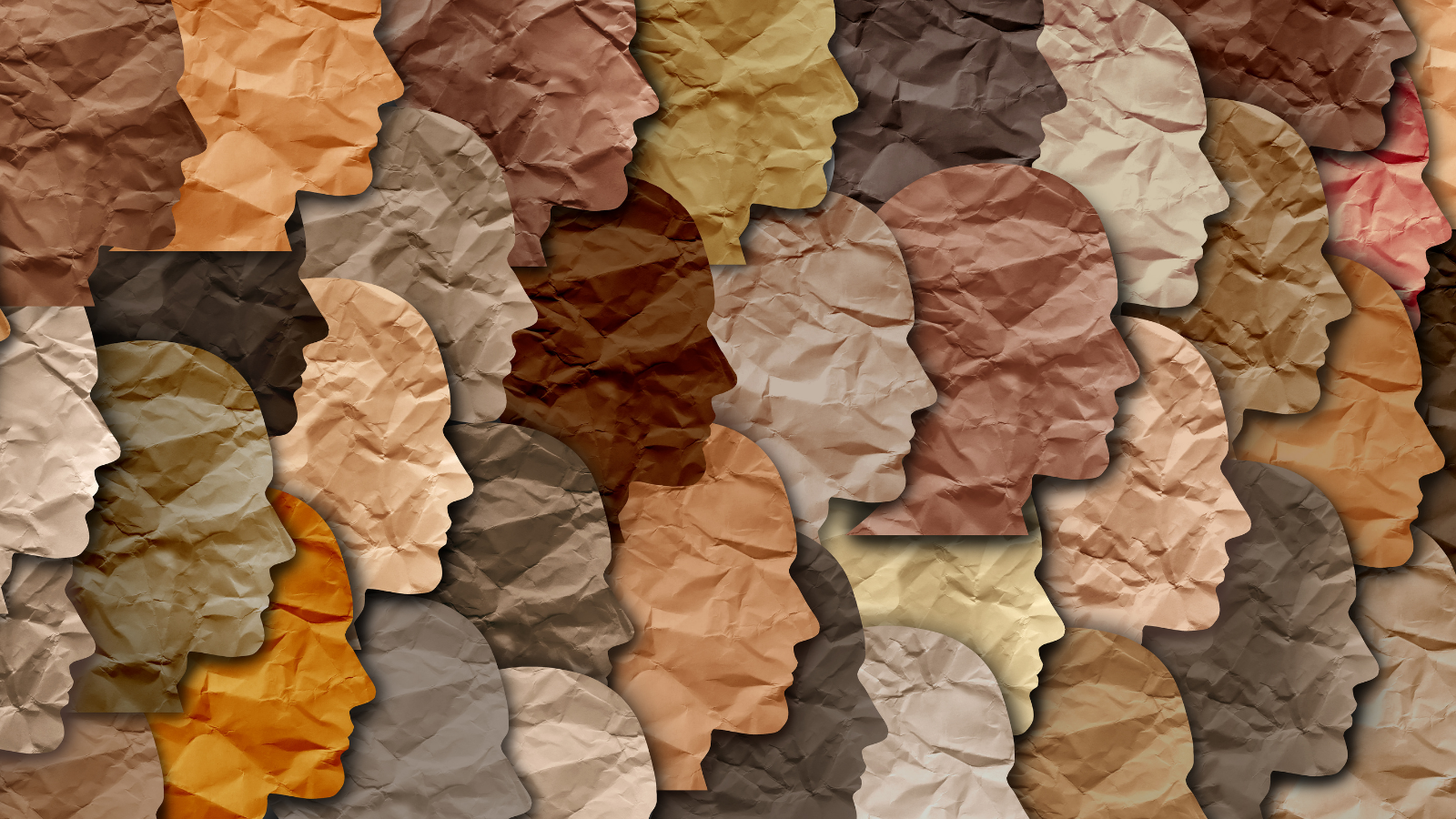
What is historical trauma?
When we look at the United States of America and how it came to be, we can still see today the impacts of the adversity people have faced and how we’ve been impacted by policies put in place such as slavery, the Indian Removal Act, convict leasing systems, Jim Crow, the exclusion of women and many more.
When we combine these policies and the inequities they created with the science that shows how we are still impacted today by the experiences of our ancestors, we have an incredible new lens through which we can view ourselves and our interactions with others.
“Now we have a starting point to acknowledge past harms and build more trauma-responsive and healing-centered practices into our individual lives, interpersonal interactions, in our organizations and in the way our systems operate– to help buffer the harm of adversity, so we can work towards community healing and well-being,” says Emily. “We can focus on core protective systems, which include building our individual abilities, supporting attachment and belonging with a safe, supportive caregiver or trusted adult as a child, and community culture and spirituality throughout our lives and more. Resilience is about how strong the systems are supporting individuals and families in our communities, and we all have a part to play in that. This information, these approaches, they universally help everyone, and are especially powerful for people who have been impacted by adversity and historical trauma.”
Emily emphasizes the workshops are designed to help people understand the science and be able to gain enough knowledge to begin the conversation with others – friends, loved ones, community members, colleagues. But it’s also about people understanding themselves.
“There is hope. Our brains and our habits can adapt and be shifted. We can re-wire, we can re-pattern,” she says. “You have the power to change this behavior because your brain can change. It’s very freeing to understand.”

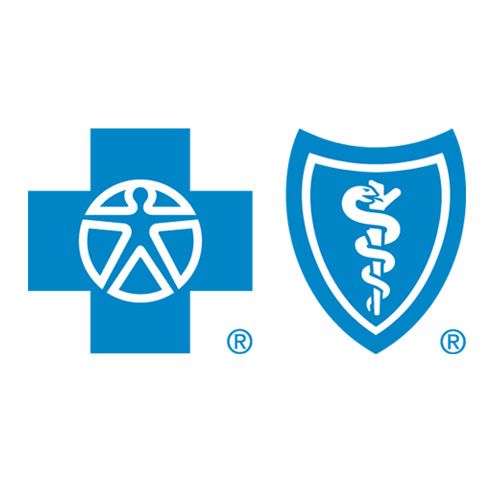
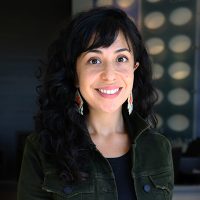
I’m 36% Native American. I have experienced mental anguish since when I was a child in the early 1960’s due to the events that happened to my 2G Maternal Great Grandmother during the Great Walk in the mid 1850’s and my Paternal Great Grandmother massacred by the Comanches in the late 1870’s at the window of Big Bend National Park!😢